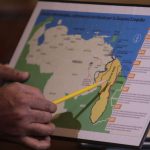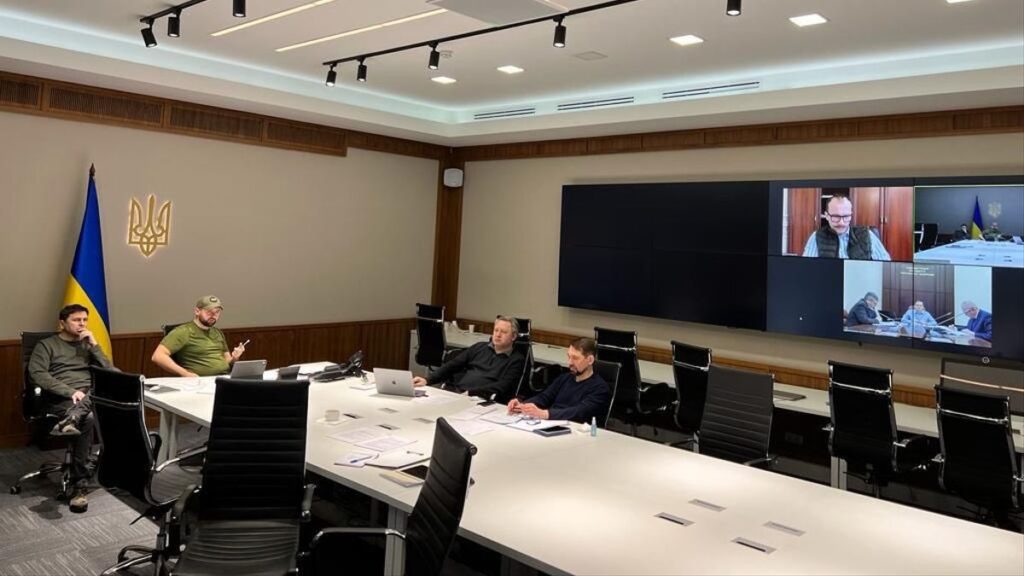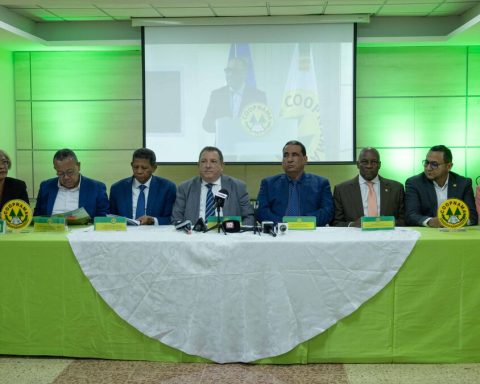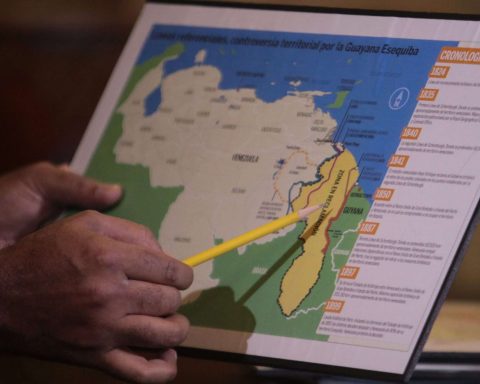The movements that have taken place in the context of approvals and rejections of companies seeking to operate under the law to Regulate the Financial Technology Institutions Law, or Fintech Law, have served for the arrival of new players in the Mexican market, such This is the case of the Brazilian platform Dock, which today officially announces its arrival in Mexico.
Dock arrives in Mexico, as well as in other Latin American countries, after a series of acquisitions in the market, including that of the Mexican firm Cacao Paycard, founded by Gerardo Bonilla and Jorge Álvarez, which at the time had the intention to operate as an institution of electronic payment funds under the Fintech Law, but did not have the approval of the regulator so its payment infrastructure division was acquired by the Brazilian company.
in interview Antonio Soares, CEO of Dockindicated that the intention of this firm in its expansion through Mexico and Latin America is to expand its payment infrastructure given the potential that the region represents in this aspect, under a B2B model (business to business) where any company, even if it is not in the financial field, can offer financial services to its customers.
“Mexico and Brazil have very similar particularities, such as, for example, both countries have a low level of banking, a lot of cash circulating in the economy and all of that is something favorable for what we are doing in Brazil and we want to replicate it in Mexico,” Soares stressed.
This Monday, Dock makes official the launch of its new regional centers in Mexico City; Lima, Peru, Santiago, Chile and Bogota, Colombia. It is expected that in a few months the firm will begin operations in Buenos Aires, Argentina, and later in Quito, Ecuador and Santo Domingo, Dominican Republic.
The intention of the firm, according to Soares, is to serve nearly 1 billion clients in the region. At the moment, in Brazil manages more than 60 million active accountss of its clients, among which are stores, startups, consumer companies, among others, which offer services supported by the Dock infrastructure.
Dock was founded in 2018 under the Conductor brand, and later, after the acquisition of the Muxi firm, the Brazilian company unified its branches to operate as it is known today.
Likewise, a few months ago, the purchase of Dock from the company BPP, a payment firm regulated by the Brazilian government specialized in Banking as a Service, was announced in Brazil. Subsequently, the acquisition of Cocoa Paycard.
Plans in Mexico
With the official arrival of Dock in Mexico, the appointment of Gerardo Bonilla as Director of Revenue of the firm is also made official and he will lead sales and commercial operations in all countries, including Brazil. Likewise, Jorge Álvarez will have the position of Director of Expansion in Latin America at the firm.
In an interview, Bonilla explained that a few months ago, Cacao Paycard was in the process of raising an investment round to strengthen its operation in Mexico, despite the regulator’s rejection; however, in that context, they met with Dock and thus began talks regarding a possible merger between the two firms.
“Although there is a fintech trend, which is a movement that is taking hold in different industries, we are going to offer services to all types of industry. In Brazil, Dock serves from retailers, banks and insurers, which generates a turbine of inclusion and we are going to continue moving according to the legislation given to us, but the range, the offer has to be much greater and the offer that Dock has in Brazil, we have to replicate it as far as the regulatory part goes for us,” said Bonilla.
According to Dock estimates, the market potential, in the area of banking as a service, is close to 16,000 million dollars, while, in terms of card processing in the region, said potential reaches 2,500 million dollars.
For Soares, Dock’s intention is to become one of the major players in the region in terms of financial infrastructure and to be on a par with the great cloud services such as Amazon Web Services or Google Cloud.
“What we build in Brazil is a global product, because we can use the same product in Mexico, Colombia or Peru. What changes is the specific regulatory part and consumer behavior, but since our platform is very adaptable, we can help our local customers to use it in the best way,” said Soares.
For his part, Gerardo Bonilla added: “With the experience we have in Brazil and Mexico, we see that we are in a premature stage, there is still more demand than supply, but we have a prospecting philosophy: there will always be a flow of clients who are looking for a solution and there we will always be in competition with different solutions on the market”.

















